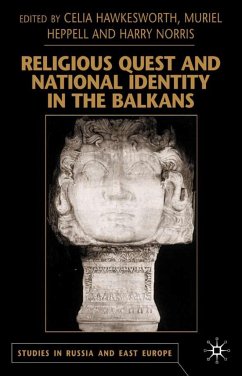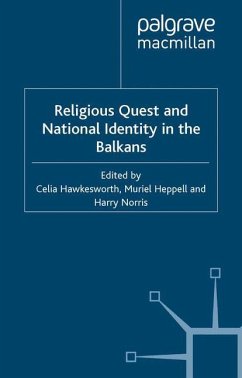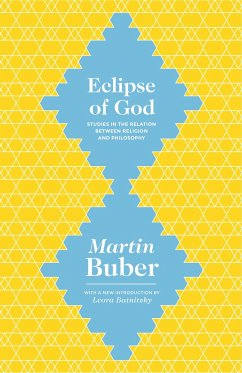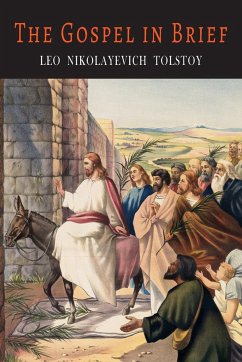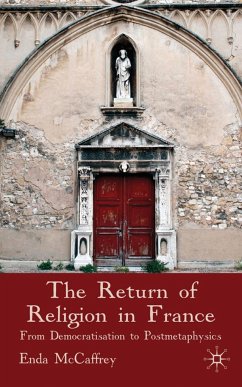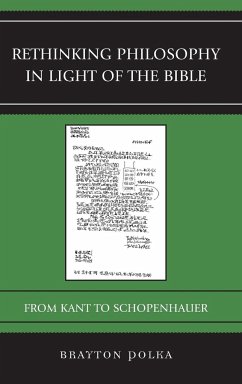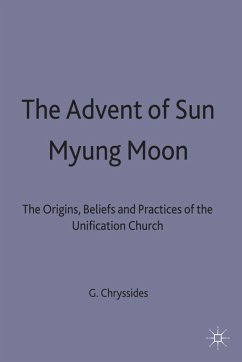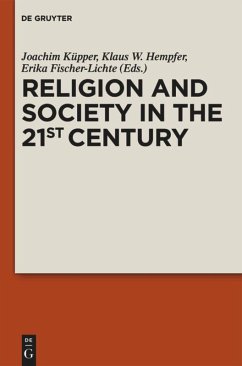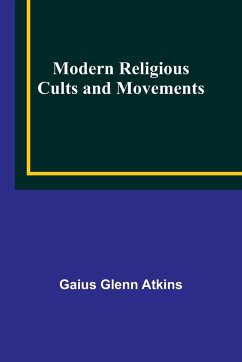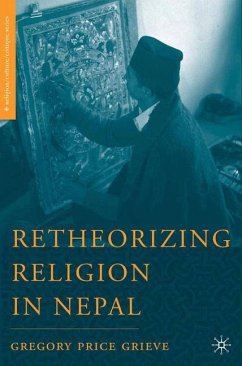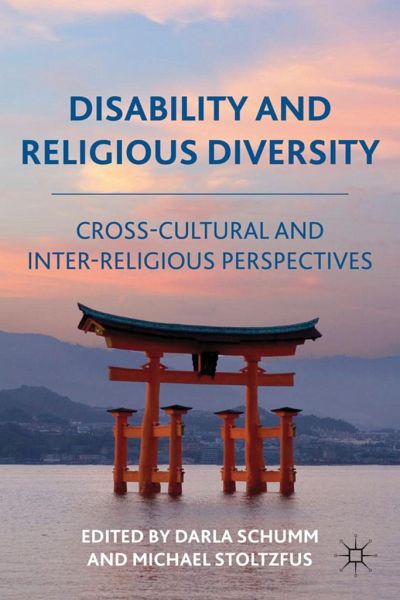
Disability and Religious Diversity
Cross-Cultural and Interreligious Perspectives
Versandkostenfrei!
Versandfertig in 6-10 Tagen
38,99 €
inkl. MwSt.

PAYBACK Punkte
19 °P sammeln!
This collection of essays examines how diverse religions of the world represent, understand, theologize, theorize and respond to disability and chronic illness. Contributors employ a variety of methodological approaches including ethnography, historical, cultural, or textual analysis, personal narrative, and theological/philosophical investigation.





